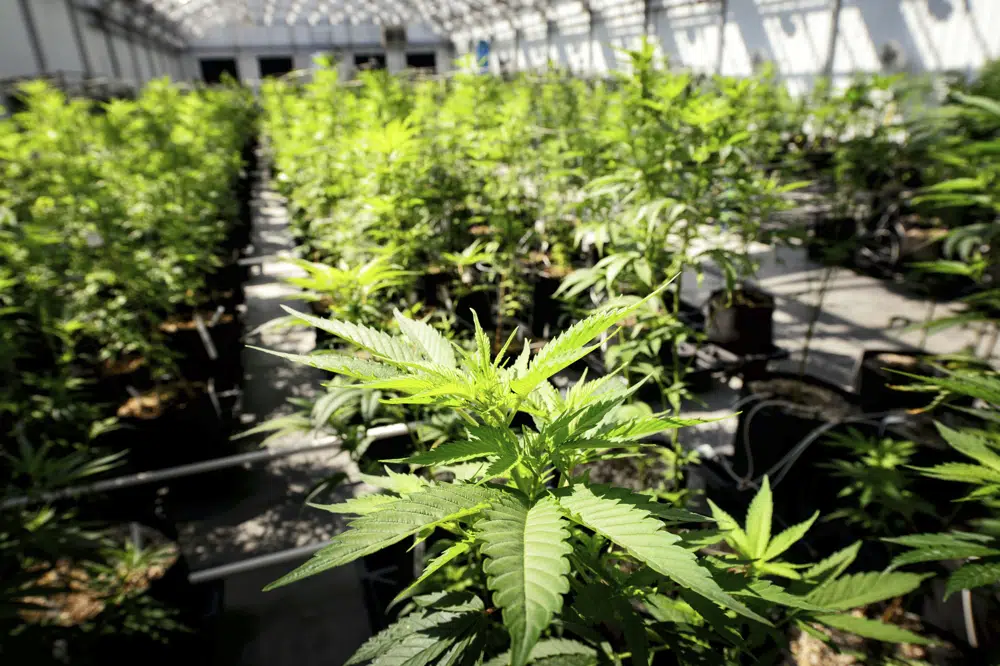The Minnesota Senate passed a bill legalizing recreational marijuana use on May 21, 2023. Minnesota will become the 23rd state in the United States to legalize cannabis usage for adults if Democratic Governor Tim Walz signs the measure into law as expected. The legislation has already been approved by the House.

The debate around the legalization of marijuana is a complex issue that has stirred up strong opinions from both proponents and opponents. Proponents of the bill argue that marijuana legalization has the potential to improve public health, safety, and promote social justice. They believe that legalizing marijuana will eliminate the black market, create jobs, and generate tax revenue for the government. They also argue that legalizing marijuana will reduce the number of people incarcerated for non-violent drug offenses and promote equity in the criminal justice system through the expungement of criminal records related to marijuana offenses.
On the other hand, opponents of the bill argue that legalizing marijuana will increase health and safety concerns. They believe that marijuana is a dangerous drug that can lead to addiction and other negative health effects. Opponents worry that legalization will lead to an increase in crime rates and can cause harm to individuals who use marijuana and the community as a whole.
Despite the differing opinions, it’s important to look at the research and evidence when considering the potential impact of marijuana legalization. While there is some evidence to suggest that marijuana use can have negative health effects, the potential benefits of legalization should not be ignored. Many countries and states have successfully legalized marijuana and have implemented regulations to ensure that it is used safely and responsibly.
In conclusion, the debate around the legalization of marijuana is complex and multifaceted. While opponents have raised valid concerns regarding health and safety, proponents argue that legalization has the potential to improve public health, safety, and promote social justice. Ultimately, it’s important to consider the evidence and make informed decisions that prioritize the well-being of individuals and communities.
Under the bill, Minnesotans over the age of 21 would be able to legally possess and grow marijuana starting on August 1, 2023. Retail sales at dispensaries are not expected to begin until at least a year afterwards. A 10% tax on cannabis products would be imposed in addition to existing sales taxes. Possession caps would include 2 pounds of cannabis flower in private residences and 2 ounces in public places, as well as 800 milligrams of THC in edible items and 8 grams of concentrate.
Individuals who have been convicted of misdemeanor or petty misdemeanor possession offenses would have their records expunged automatically, but this process is expected to take until August 2024 to complete, according to the Bureau of Criminal Apprehension. Those previously convicted of selling marijuana or other serious pot-related offenses that would no longer be classified as crimes or which would become lesser offenses could also apply to have their records cleared or sentences reduced under the new legislation.
Local governments would gain more negotiating power to limit dispensary numbers and restrict locations, although outright bans on dispensaries would not be allowed.
Republican Senator Jordan Rasmusson of Fergus Falls criticized the bill for being motivated by commercial interests and failing to address law enforcement concerns about possession limits. He also remarked that the legislation rewards those who have committed drug crimes in the past. In contrast, Democratic Senator Lindsey Port of Burnsville argued that legalizing and regulating cannabis could protect children from harm caused by the illicit market, enhance public health and safety, and reinvest in communities that have suffered under previous marijuana laws.
The bill passed by a party-line vote of 34-32. Democrats took complete control of Minnesota state government at the beginning of the 2023 legislative session, providing an opportunity to pass bills previously blocked by a Republican-controlled state Senate. Governor Walz recently signed two firearms safety measures and a measure ensuring that Minnesota will not cooperate with attempts to prosecute non-residents seeking reproductive or gender-affirming medical care in the state.
